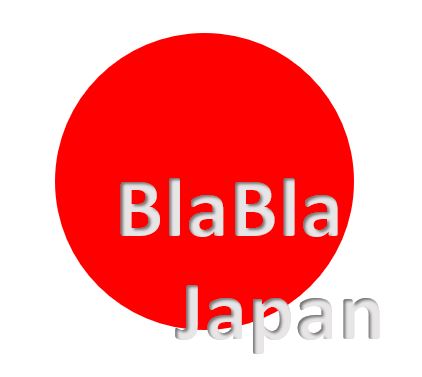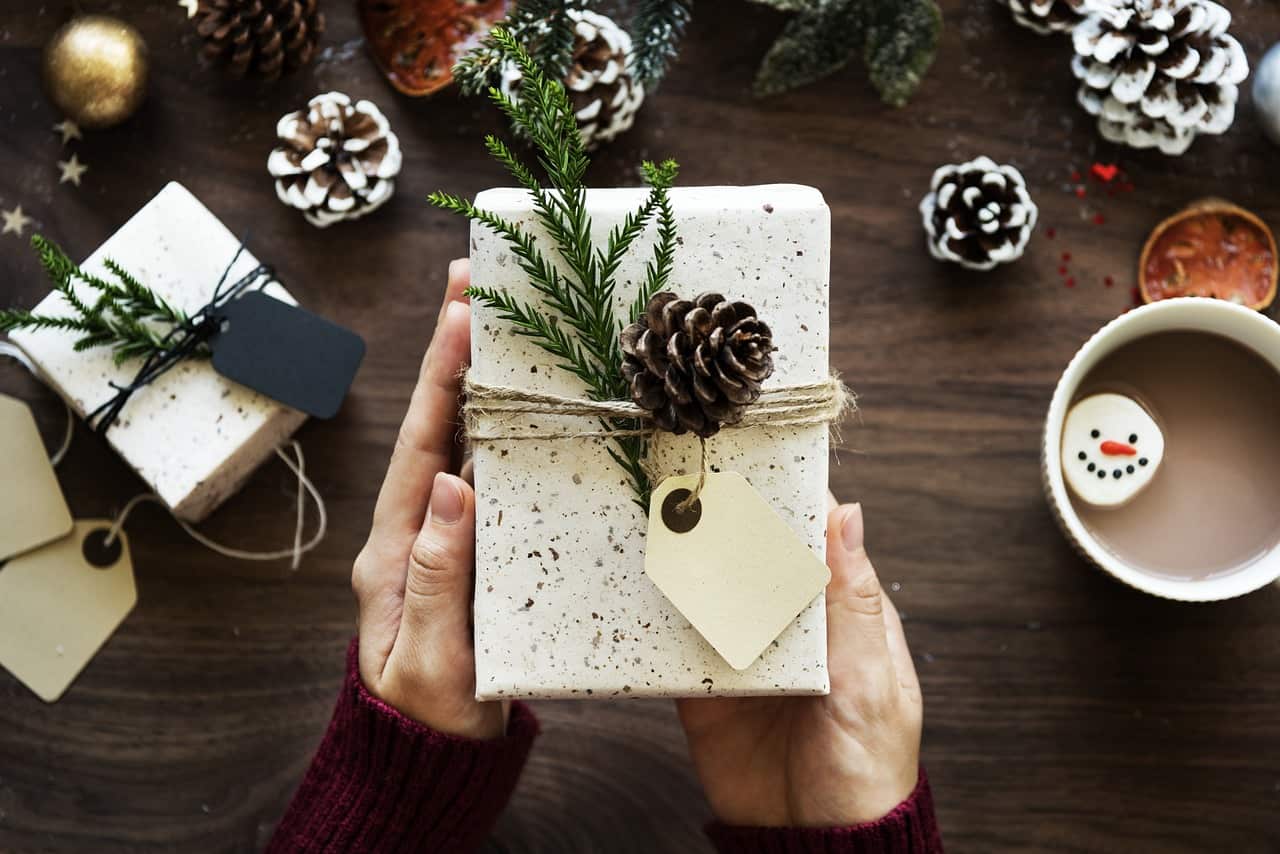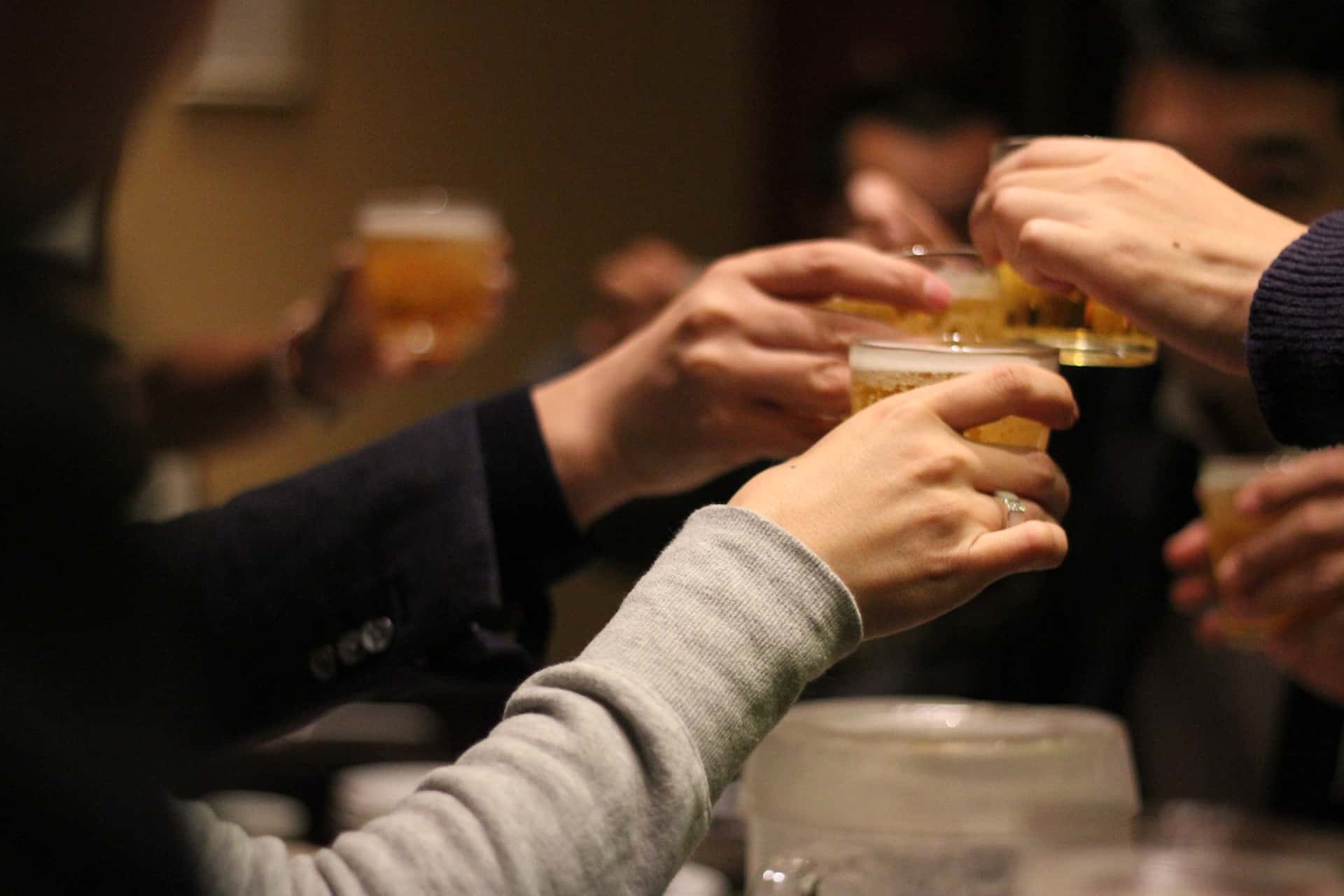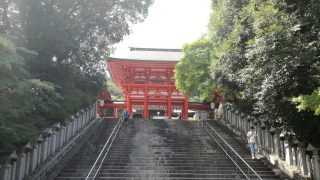Are season’s greetings essential for business in Japan? The answer is yes. Japanese people love the beautiful four seasons in their homeland and there are many traditional seasonal events, too. At the turn of the season, we write to acquaintances to wish for the health and success. Season’s greetings including new year are, so to speak, a part of Japanese culture. Not only in daily life but also on business occasions, appropriate season’s greetings make relationships with your partners smooth.
In this article we will introduce some typical useful phrases for each season and new year, that could be used e.g. in email exchange. The most formal and polite way to greet is traditionally by a letter, but such a formality is not required for most business cases. Some traditional letter styles are too formal, so that the examples we will show you here are more relaxed and practical.
Season’s greetings for your business in Japan – typical and practical phrases
A season’s greeting is made up of a part with a seasonal word “季語 (きご)” and a part about the health or business success of your partner. In short, your sentence should include a “seasonal word part” and “health or business success wish part”.
BASIC FORM
[PART A] with a seasonal word + [PART B] about the health or business success of your partner
More practical examples than lots of theory. Primacy of practice over theory. So, now let’s check out for each season.
Spring (March, April, May)
Express the joy for the coming season with full vitality after the cold winter. Seasonal words are such as “春の訪れ (はるのおとずれ : spring comes)”, “桜の花(さらのはな : cherry blossom)”, “花見 (はなみ : cherry-blossom viewing picnic)”, “新年度 (しんねんど : new business year)”, “新緑 (しんりょく : fresh green)”.
[example 1]
新年度も変わらぬお付き合いのほどお願い申し上げます。(しんねんどもかわらぬおつきあいのほどおねがいもうしあげます)
“I hope to keep an unchanged good relationship with you in the new business year.”
In Japan, March is the end of an accounting term and a new business year “新年度” starts from April.
[example 2]
満開の桜の花のごとく華やかなご活躍をお祈りいたします。(まんかいのさくらのはなのごとくはなやかなごかつやくをおいのりいたします)
“I hope you have great success in the future like full bloom sakura.”
From the end of March to early April is lovely cherry blossom season in the metropolitan area. Sakura is the Japanese national, most loved flower and in this season people enjoy “花見”.
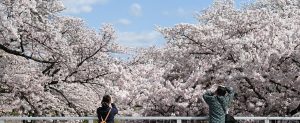
Summer (June, July, August)
People often suffer from the great heat and humidity in the summer time, so health is a big concern in this season. In your greetings urge your partners to take good care of themselves.
Seasonal words are such as “梅雨 (つゆ : rainy season)”, “梅雨明け (つゆあけ : the end of rainy season)”, “厳しい暑さ (きびしいあつさ : intense heat)”.
[example 1]
梅雨空の続く毎日ですが、ご自愛くださいませ。(つゆぞらのつづくまいにちですが、ごじあいくださいませ)
“Please take good care of yourself in this rainy season.”
“ご自愛ください” is a very typical phrase to wish for good health of others.
[example 2]
厳しい暑さが続いていますが、お元気でお過ごしください。(きびしいあつさがつづいていますが、おげんきでおすごしください)
“Please take care of yourself in this hot season.”
The high summer heat and humidity in Japan make people sick often. “酷暑 (こくしょ)” is the same meaning as “厳しい暑さ”.

Autumn (September, October, November)
Sometimes people can’t get their energy back after the exhausting climate. The temperature is getting lower and lower for winter, so it’s good to comment about the health condition of your partners. You can liken the harvest in autumn to business success like in the second example.
Seasonal words are such as “残暑 (ざんしょ : the late summer heat)”, “夏の疲れ (なつのつかれ : fatigue from summer)”, “紅葉 (こうよう : red leaves)”, “実りの秋 (みのりのあき : fruitful autumn)”.
[example 1]
夏の疲れが出やすい時期ですので、体調を崩されませんよう。(なつのつかれがでやすいじきですので、たいちょうをくずされませんよう)
“The fatigue from summer comes often in September. Please take care of yourself.”
[example 2]
この秋のような豊かな実りをお祈り申しあげます。(このあきのようなゆたかなみのりをおいのりもうしあげます)
“I hope for a big profit in your business like the harvest in this autumn.”

Winter (December, January, February) / New Year
Season’s greetings for the end and the start of the year are the most important in Japan. You don’t particularly need to greet at Christmas, because it’s more like a commercial event. New Year’s Eve and New Year’s Day in Japan are like Christmas in western countries.
Seasonal words are such as “師走 (しわす : December)”, “よいお年を (よいおとしを : have a Happy New Year)”, “新年 (しんねん : New Year)”, “明けましておめでとうございます (あけましておめでとうございます : a Happy New Year)”.
[example 1]
本年は大変お世話になりました。よいお年をお迎えください。(ほんねんはたいへんおせわになりました。よいおとしをおむかえください)
“Thank you for everything you did for me this year. I wish you a Happy New Year.”
This phrase is for the last workday “仕事納め (しごとおさめ)” or the last time you write to your partners of the year.
[example 2]
明けましておめでとうございます。本年も変わらぬお付き合いのほどお願い申しあげます。(あけましておめでとうございます。ほんねんもかわらぬおつきあいのほどおねがいもうしあげます)
“A Happy New Year! I hope for an ongoing good partnership this year.”
This phrase is for the first workday “仕事始め (しごとはじめ)” or the first time to write to your partners of the new year.

Christmas
Christmas (24-25th December) is more commercial thing for Japanese people as our religion is mostly not Christianity. We spend the time with lover rather than family, and exchange Christmas present each other. If we are not in a relationship, we spend the time usually with family or friends. But these days are not holiday at all. You need to be in business as usual. That is why, you do not really have to greet for Christmas.
Although the fact, do you want to wish a merry Christmas? Then you can just write it in Japanese like “メリークリスマス!”.

Covid-19 pandemic
The increasing rate of Corona infection is the biggest global concern for everyone these days. When you have contact with your business partners, it’s only natural to be attentive to them and their families.
[example 1]
お互い健康に留意してコロナ禍を乗り越えましょう。(おたがいけんこうにりゅういしてころなかをのりこえましょう)
“We both should try to take care of our health and overcome this Corona pandemic.”
[example 2]
コロナ禍が落ち着き、再び元気な姿でお会いできるのを楽しみにしております。(ころなかがおちつき、ふたたびげんきなすがたでおあいできるのをたのしみにしております)
“I hope to meet each other in good health again after Corona has ended.”

Summary
Even for Japanese, it’s not easy to write proper season’s greetings. It probably takes time until you get used to choosing suitable words and segments, but it shouldn’t be so difficult after writing some. Practice makes it easier to build an impressive phrase. The most important aspects are choosing the right seasonal words, imagining the personal situation of your partner, and thinking about her/him from the bottom of your heart.






